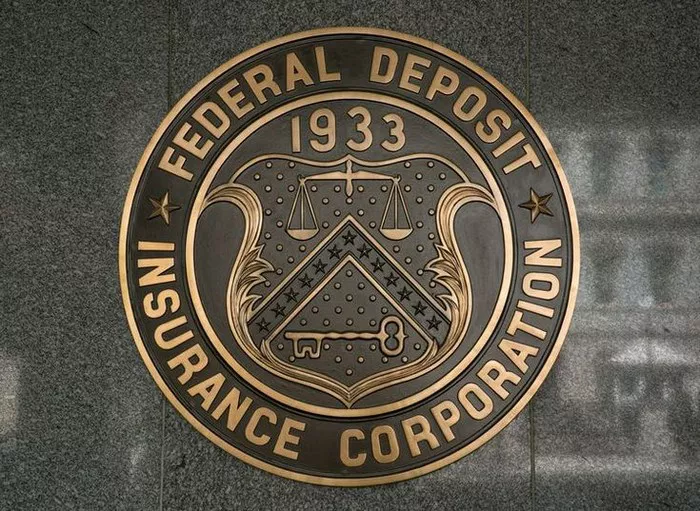Money market accounts are a popular choice for individuals looking to earn a competitive interest rate while maintaining liquidity and safety. These accounts, offered by banks and credit unions, often provide higher interest rates compared to traditional savings accounts. However, one common question that arises among potential investors is whether money market accounts are federally insured. In this comprehensive guide, we will delve into the intricacies of money market accounts, explore their insurance coverage, and provide valuable insights for investors.
What are Money Market Accounts?
Money market accounts are interest-bearing deposit accounts offered by financial institutions, including banks and credit unions. These accounts typically offer higher interest rates compared to standard savings accounts while providing easy access to funds through checks, debit cards, or electronic transfers. Money market accounts are known for their stability and liquidity, making them a popular choice for individuals seeking a balance between earning potential and accessibility.
Federal Insurance Coverage
The Federal Deposit Insurance Corporation (FDIC) and the National Credit Union Administration (NCUA) provide insurance coverage for certain types of deposit accounts, including money market accounts. For banks, money market accounts are typically covered by the FDIC, while credit unions are insured by the NCUA.
FDIC Insurance Coverage
The FDIC insures deposits in participating banks and savings associations up to $250,000 per depositor, per insured bank, for each account ownership category. This includes single accounts, joint accounts, certain retirement accounts, and trust accounts. Money market accounts held at FDIC-insured banks are eligible for this insurance coverage, providing protection for depositors in the event of bank failure or closure.
NCUA Insurance Coverage
Similarly, the NCUA provides insurance coverage for deposits in federally insured credit unions. Like the FDIC, the NCUA insures deposits up to $250,000 per depositor, per insured credit union, for each account ownership category. Money market accounts held at NCUA-insured credit unions enjoy the same level of protection as those held at FDIC-insured banks.
Factors to Consider
While money market accounts offer federal insurance coverage, it’s essential for investors to consider certain factors before opening an account. These may include:
1. Interest Rates: Compare interest rates offered by different financial institutions to ensure you’re getting the best possible return on your investment.
2. Fees and Requirements: Be aware of any fees, minimum balance requirements, or restrictions associated with the money market account.
3. FDIC or NCUA Insured: Verify that the bank or credit union offering the money market account is FDIC or NCUA insured to ensure your deposits are protected.
4. Account Access: Consider the ease of access to funds, including the availability of checks, debit cards, and online banking services.
5. Stability of the Financial Institution: Research the financial health and stability of the institution offering the money market account to mitigate risks associated with bank failure or closure.
Conclusion
In conclusion, money market accounts offer a compelling combination of competitive interest rates, liquidity, and federal insurance coverage. Deposits held in these accounts are typically insured by the FDIC or NCUA, providing peace of mind for investors. However, it’s crucial to research and compare different accounts to ensure they meet your financial goals and requirements. By understanding the fundamentals of money market accounts and federal insurance coverage, investors can make informed decisions to optimize their savings and financial security.
FAQs
Q1. Are money market funds the same as money market accounts?
A1: Money market funds are mutual funds that invest in short-term debt securities, such as Treasury bills and commercial paper. Unlike money market accounts, money market funds are not federally insured. While they may offer stability and liquidity, investors should be aware of the differences in risk and insurance coverage between money market funds and money market accounts.
Q2. Can I lose money in a federally insured money market account?
A2: Federally insured money market accounts offer protection for deposits in the event of bank failure or closure. However, it’s essential to distinguish between the safety of the deposits and potential fluctuations in account value due to changes in interest rates or market conditions. While deposits are insured up to the specified limits, fluctuations in account value may occur based on factors such as interest rate movements.
Q3. Are there any risks associated with money market accounts?
A3: While money market accounts are considered relatively low-risk investments due to their federal insurance coverage and stability, there are still certain risks to consider. These may include inflation risk, which can erode the purchasing power of funds over time, and interest rate risk, which can affect the return on investment in response to changes in interest rates. Additionally, investors should be aware of the possibility of bank failure or closure, although deposits are typically insured up to the specified limits by the FDIC or NCUA.


